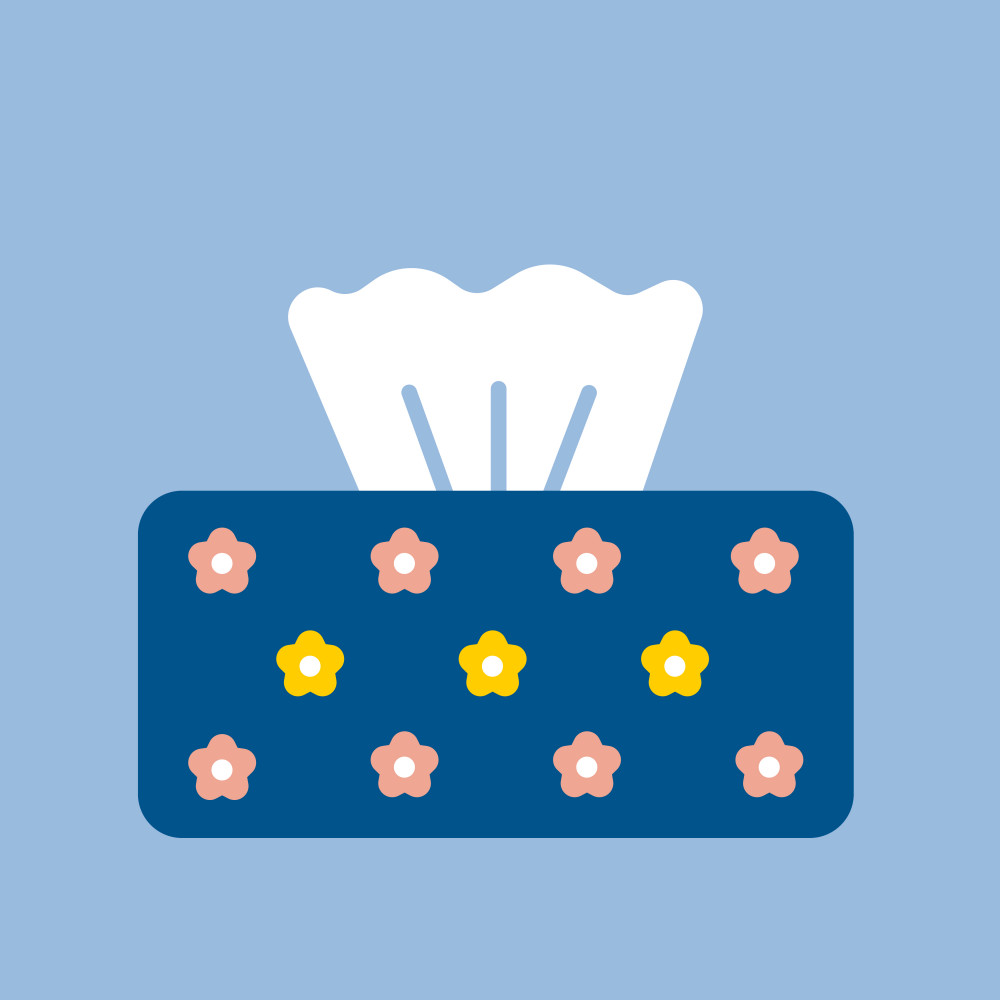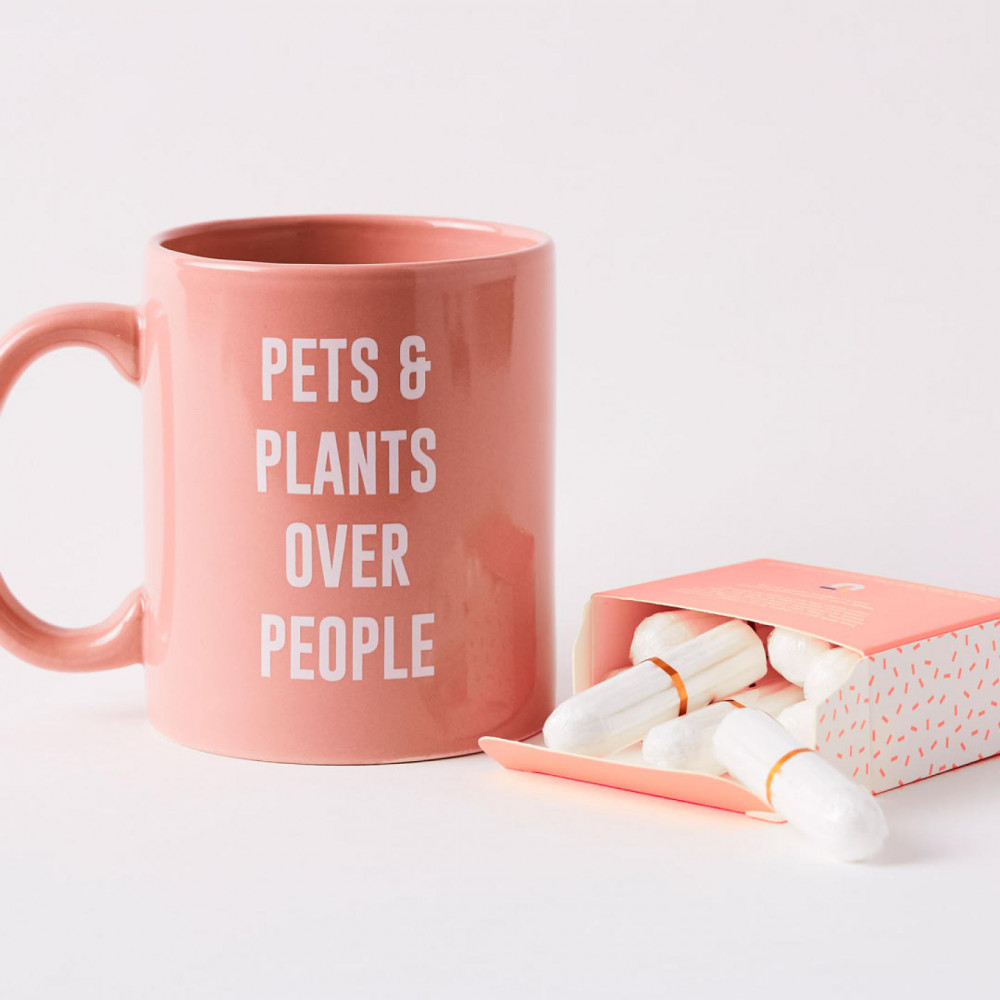‘Period flu’ isn’t strictly a medical term, but it’s one that’s bandied about to describe that general feeling of malaise surrounding your period. Some of those symptoms can be pretty flu-like, especially when you’re experiencing them all at the same time.
On a side note here, if you’re suffering flu-like symptoms at any time at the moment, then off to a COVID-testing place you pop! Better safe than sorry, right? Just eliminate the possibilities – including actual flu – before you put it down to your period.
But let’s assume that’s all negative for the purpose of this post. Headache, nausea, diarrhea, muscle aches, chills, dizziness and even fever are just some of the complaints that have women wondering if they’re coming down with something nasty, or simply getting a bad bout of the usual stuff you have to cope with at that time of the month. Of course period flu, as anecdotally common as it may be, has nothing to do with the actual flu. It’s all caused by hormone fluctuations, and they can vary wildly from one person to the next, making it difficult for the medicos to pin it down to a particular reason, or even a particular time. Some people report flu symptoms in the days leading up to their period, while others feel lousy throughout the whole thing.
So what’s happening? Well first, excess prostaglandins (the ones that make your uterus lining shed) get into your bloodstream, causing a range of period symptoms, such as general achiness, temperature ups and downs, cramps, bloating and bowel changes.
Then estrogen comes to the party, making you feel run down, with breast tenderness, mood swings, and more cramps.
Add in the changes in your brain that affect mood, headaches, sleep and levels of wellbeing, and you have the full flu package.
For some instant help you can use the OTC meds you might take for regular flu such as anti-inflammatories, painkillers and/or anti-diarrhea tablets. Use a heating pad for cramps and muscle aches. And stay hydrated. Drinking enough water is always important, but even more so if PMS is making you eat those salty snacks. (Don’t make out you don’t know what we’re talking about.) It’s a sure-fire way to keep headaches at bay.
And if you feel you might need a little more than that, call your doctor and talk her/him through it. Just to be sure.





